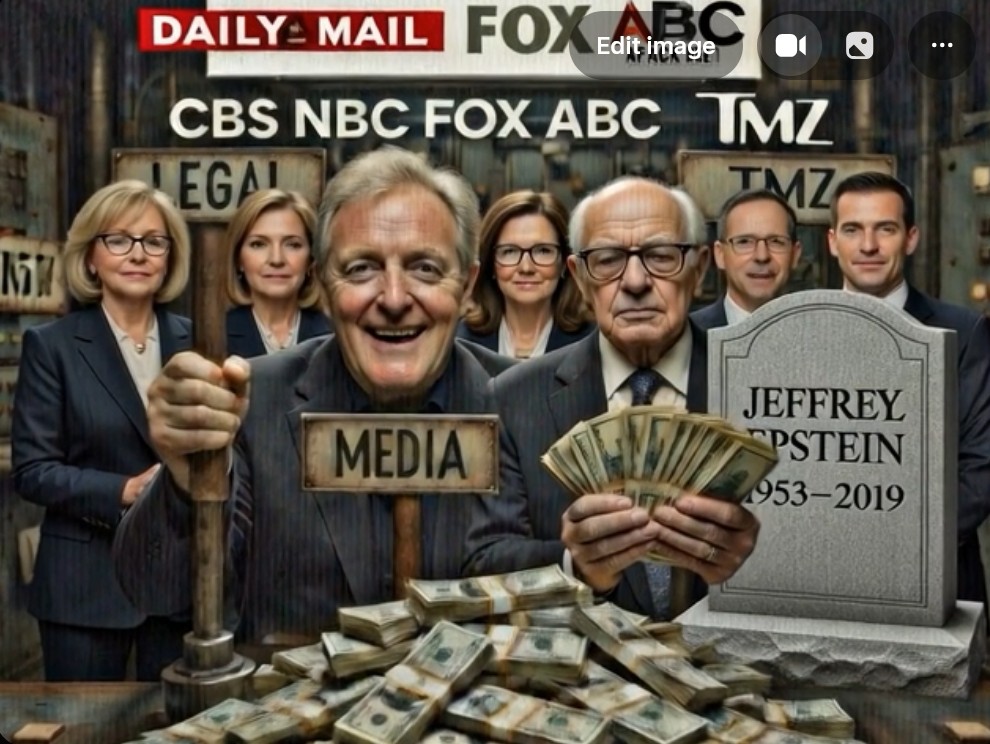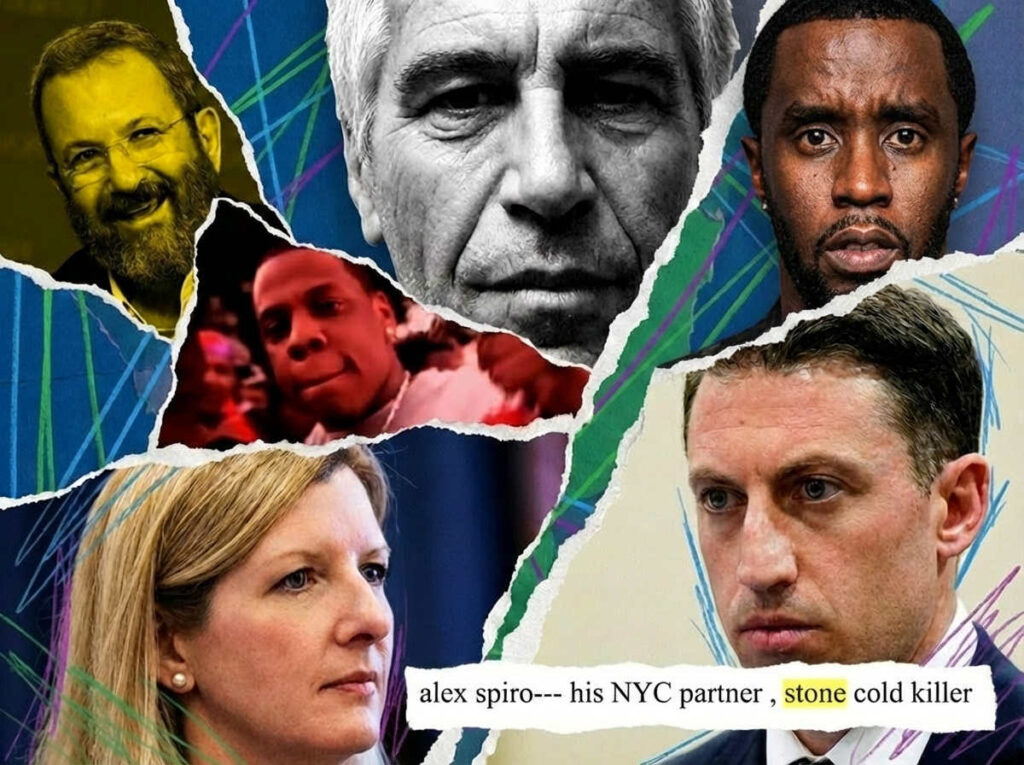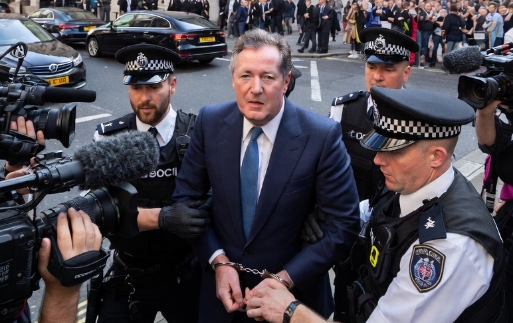In the entertainment sphere, an invitation to a party hosted by Sean "Diddy" Combs was once highly coveted, renowned for attracting major celebrities such as Justin Bieber, Mariah Carey, and Jennifer Lopez. These events signified the apex of Diddy's influence, marked by a culture of exclusivity and high-profile performances. Former publicist Rob Shuter recalls a time when Diddy ushered attendees into VIP sections, setting the stage for unforgettable evenings.
Today, the reality is tumultuous; Combs finds himself in jail facing severe criminal charges linked to a sex trafficking and racketeering conspiracy while battling a myriad of civil lawsuits alleging assaults and sexual extortion. Diddy denies the allegations, with his legal representation categorically dismissing the claims as "false and defamatory." His trial is scheduled to commence in May 2025.
Once regarded as New York's "party king," Combs built an empire beginning with Bad Boy Records in 1993, signing iconic names like Notorious B.I.G. and Usher. His ventures extended to fashion with the Sean John clothing line, various media projects, and reality TV, where he launched new talent. Shuter described Combs as a master of maintaining his star power, often craving attention and wrestling with the desire to be seen and admired, akin to royalty.
Notably, Shuter recalls Combs's obsession with the British royal family, recounting humorous instances where Diddy sought to invite Prince Harry and Prince William to his lavish gatherings, though they never accepted.
However, the glamorous image the rapper cultivated now casts a shadow amid allegations surrounding the "White Parties" he hosted from 1998 to 2009. Initially intended to merge racial and generational divides, these gatherings are now at the center of lawsuits alleging misconduct and foul play. One case alleges coercive behavior towards a teenager aspiring to join the music industry, suggesting a "rite of passage" intertwined with sexual manipulation.
Many other former attendees have leveled serious accusations, asserting they faced intimidation or were coerced due to Diddy's influence. Allegations range from drug-facilitated assaults to coercion, invoking fears of career derailment for those who resisted his advances.
Diddy’s legal troubles have escalated with federal charges outlining disturbing details about “Freak Off” parties that took place in hotel rooms, described as excessive and dehumanizing. Victims accuse him of using drugs and manipulation to exert control during these events, while prosecutors allege he recorded illegal activities for his own gratification.
Activists hope that the publicity surrounding Diddy’s case could initiate a transformative moment in the music industry, shedding light on the pervasive culture of silence and intimidation. Women’s rights lawyer Gloria Allred, representing numerous accusers, believes more revelations are imminent as the investigation progresses.
As Sean Combs leaves court in an orange jumpsuit, expressions of love towards his family stand in stark contrast to the chaos that surrounds him. His former publicist notes the irony: despite striving for absolute fame, Diddy's name is now tied unfavorably to serious allegations, leaving questions about his legacy in the entertainment industry.





















